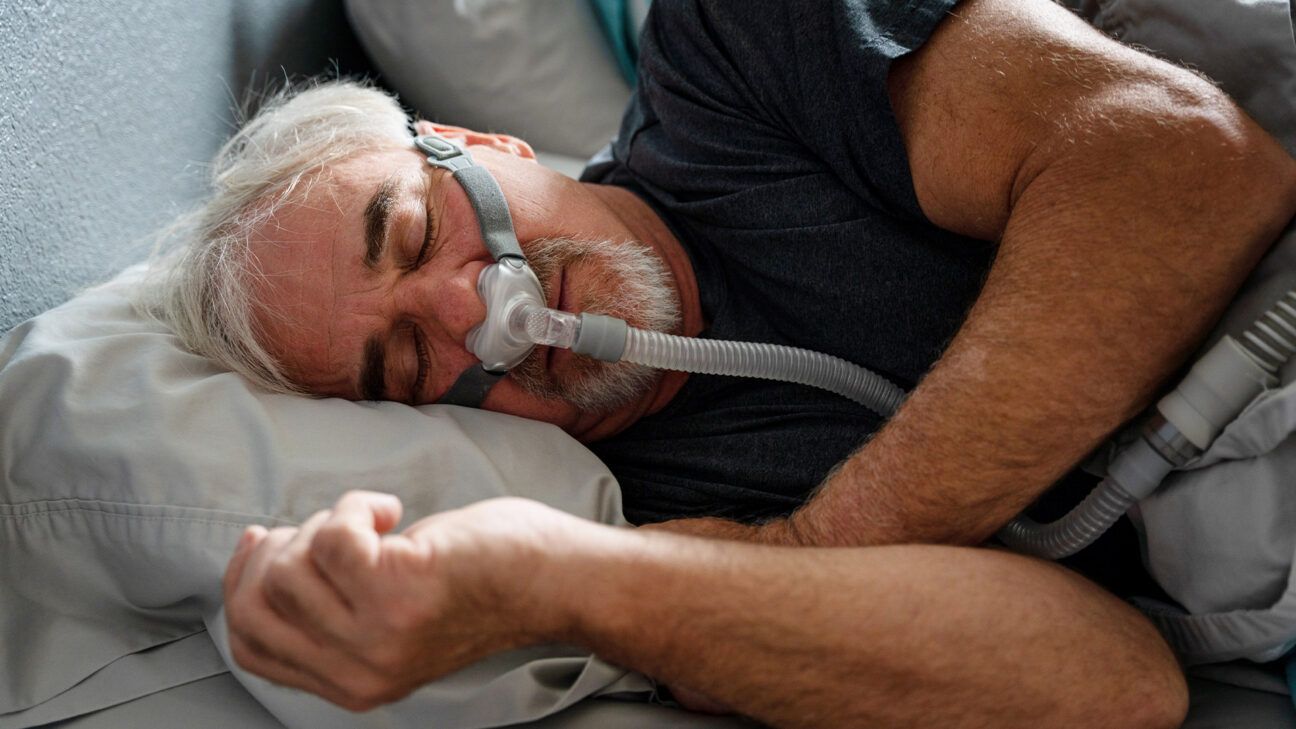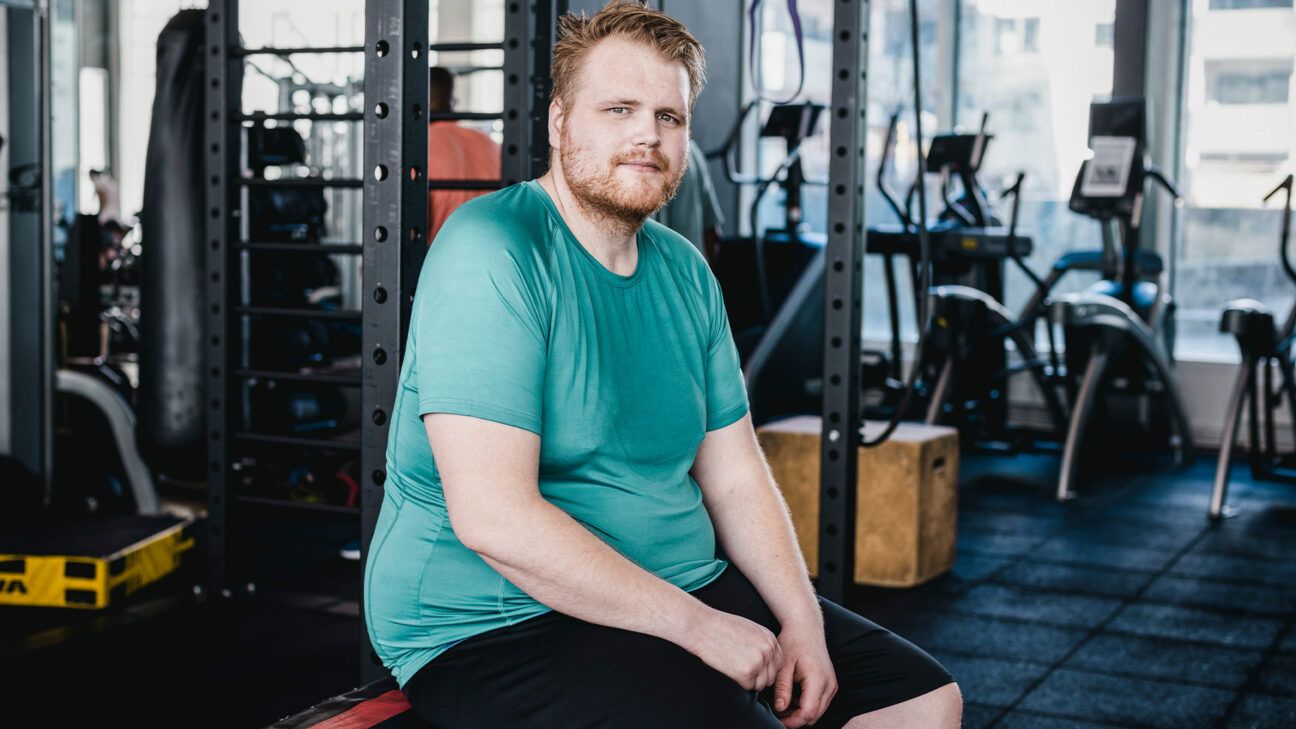TikTok’s ‘Mystery Virus’: Symptoms, Treatment, and Debunking Misinformation

- A “mystery virus” has been gaining traction on TikTok, with many social media users saying they are experiencing a litany of symptoms, including congestion, light-headedness, and shortness of breath.
- Experts say the “mystery virus” shares many symptoms with other common respiratory illnesses and is unlikely to be anything to worry about.
- You can treat the symptoms with over-the-counter pain relief, rest, and hydration.
- Experts recommend practicing good hand hygiene to slow the spread of viral illnesses.
It’s not unusual to feel a little out of sorts at this time of year. It’s cold and flu season, after all. However, concerns about a “mystery virus” are spreading online.
People began speculating about a “mystery virus” in February when a video by TikTok user @thatgirlkanesha went viral.
“You mean to tell me that everyone in the U.S. is getting sick by some virus, but they don’t know where it’s called?” she shares in the video.
“When I say everybody, I’m including myself too. I just had this so-called virus last week. I was feeling very lightheaded. I felt like I had to vomit. I felt like I was going to pass out. All of these symptoms are not adding up to me.”
Countless other videos have since emerged, with online creators claiming to experience many of the symptoms of COVID-19 (such as congestion and shortness of breath) despite testing negative for it.
However, health experts say this so-called “mystery virus” is unlikely to be cause for concern.
What is the “mystery virus” everyone is talking about on TikTok?
While it’s not clear exactly what illnesses people may have in the videos that are trending online, health experts say there likely isn’t much of a mystery to solve.
“The symptoms people in the videos describe, such as coughing, fever, fatigue, and generalized muscle pain, are common to many viral illnesses, including colds, COVID-19, and the influenza virus,” says board certified family physician Dr Sarah Bonza.
Additionally, respiratory syncytial virus (RSV) is another illness that is circulating and can cause similar symptoms to other viral infections like colds, the flu, or COVID-19.
“The symptoms can overlap greatly in these diseases, so it can be common to mistake them for one another, even without official testing,” she notes.
What’s more, general practitioner and founder of Say GP, Dr Semiya Aziz, notes that it’s possible that common viral illnesses (like colds and flu, for example) can mutate and change over time, forming new strains.
“This does not mean it is a new virus. It is simply a new version of the old virus,” she points out. “These changes may potentially present with new, previously unknown, symptoms and may explain what individuals are currently describing as a mystery virus.”
The dangers of misinformation on social media platforms like TikTok
It’s natural to feel concerned if you’re experiencing new and unexpected symptoms, but both experts agree that the “mystery virus” currently trending on TikTok is likely a common respiratory illness.
Bonza says trends like these can cause unwarranted illness anxiety.
“We live in a post-pandemic era, and when you combine that with social media, health concerns can go viral even if there is no solid basis for them,” she points out.
What’s more, Bonza says the symptoms people are describing are non-specific and flu-like, which suggests they can be down to common viral illnesses such as the flu.
Considering we’re at the tail end of winter, Bonza says this isn’t surprising.
The unknown often sparks cause for concern, but TikTok’s “mystery virus” is unlikely to be something serious.
“As frightening as these new symptoms may appear, individuals suffering from this infection have not described them as life threatening or as warranting hospital admission,” Aziz points out.
“It’s important to realize that whilst some of these symptoms are extremely frightening, most viral infections are self-limiting and pass over a period of several days, with or without over-the-counter treatment,” she notes.
Online claims can create unnecessary fear, and Bonza says you should exercise extra caution when believing the so-called health information you find online.
She advises waiting for official announcements from the CDC or local health authorities.
“There is a meticulous system that public authorities follow when managing infectious diseases that spread quickly, and if there isn’t a current official announcement, then it shouldn’t be a cause for alarm,” Bonza notes.
How to treat symptoms like those associated with TikTok’s “mystery virus”
While the mystery virus probably isn’t cause for concern, you may find the symptoms unpleasant, inconvenient, and debilitating. So, how can you treat them?
“Rest is crucial,” says Aziz. “It allows the body to fight off the virus effectively, so make sure you’re getting plenty of sleep and avoiding overexertion.”
Ensuring you stay hydrated by drinking plenty of fluids is also a good idea.
“This not only helps with hydration but also helps thin mucus secretions and alleviate symptoms like sore throat and dry cough,” Aziz explains.
Antibiotics are ineffective for viruses like colds and flu. However, you can take pain relief medication. Aziz says over-the-counter pain relief drugs may help to reduce fever and relieve headaches and body aches.
However, Bonza says if the fever doesn’t seem to go away in a week and you are experiencing signs of respiratory distress, such as difficulty breathing, shortness of breath, grunting, sweating, and wheezing, you should see a healthcare professional.
How to protect yourself against respiratory illnesses
Bonza says practicing hand hygiene with soap and water to stop the spread of germs is a great place to start.
She also recommends upping your intake of vitamin C and making time for rest to help keep your immune system healthy and strong.
Maintaining healthy lifestyle habits can also help.
“Eating a balanced diet, staying physically active, getting enough sleep, managing stress, avoiding tobacco smoke and excessive alcohol consumption, may all help to support your immune system,” Aziz notes.
“Incorporating these preventive measures into your daily routine may reduce the risk of getting viral infections and protect you and others from illness,” she says.
It’s a good idea to keep up to date with vaccinations, too, including annual flu vaccines and COVID-19 vaccines. These reduce your chances of contracting a viral illness and can reduce the severity of the infection if you do.
Takeaway
Health experts say there’s little mystery about the so-called “mystery virus” trending on social media platforms like TikTok.
The symptoms described in many online posts overlap with the respiratory illnesses we see every cold and flu season.
Health information shared on social media can often spark fear, but the so-called “mystery virus” is unlikely to be a serious cause for concern.




